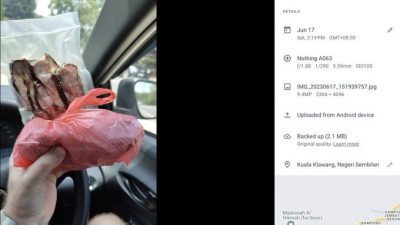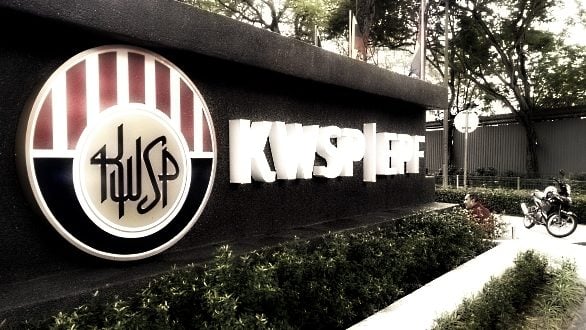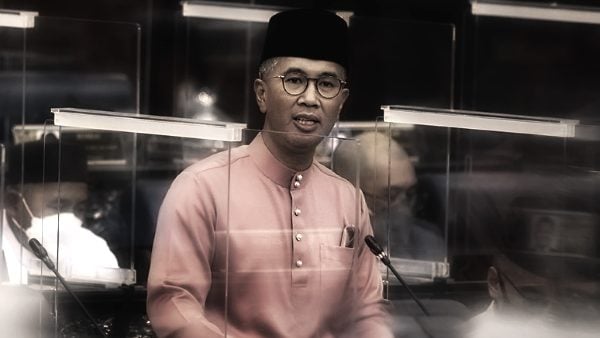By Leon Foong
News of policies to encourage greater use of electric vehicles in Malaysia has sparked excitement among mobility providers and EV advocates alike, but at SOCAR, we are nevertheless cognizant that much of these exciting developments are not yet at the concrete rollout stage and many policies are unsupported by official regulations and gazetted laws.
One recent example is the announcement of the Government’s intention to strengthen the development, validation and commercialization of local EV technology development through the NanoMalaysia Energy Storage Technology Initiative (NESTI), as presented in the 12th Malaysia Plan1.
Being part of the National Science, Technology and Innovation Policy (DSTIN) 2021-2030, and in synergy with other national policies and blueprints, this is another promising component in a whole of nation approach that could improve EV acceptance and expand the ecosystem of EV-adjacent industries in Malaysia.
However, despite these announcements, what is critically needed at this moment is having a clear picture of the concrete incentives and regulations that will be implemented to drive EV adoption.
For mobility providers like SOCAR, who are enabling drivers in Malaysia to use private cars without the financial commitment required to own one, in addition to accelerating EV adoption by enabling drivers to experience EV use through our car-sharing platform, having clarity on the regulations and incentives will help us plan our business strategy more effectively, in turn enabling more Malaysians to benefit from our future EV fleet.
To ensure that the momentum of EV adoption in Malaysia is kept up, we believe that the most pressing factors that need to be achieved – and can be introduced in the upcoming Budget 2022, are centered on reducing the most direct costs of switching from ICE cars to EVs.
 1. For a start, a targeted, concrete and long-term tax plan that includes tax exemptions for EV buyers in Budget 2022 should be implemented.
1. For a start, a targeted, concrete and long-term tax plan that includes tax exemptions for EV buyers in Budget 2022 should be implemented.
In the Low Carbon Mobility Blueprint, it was announced that full tax relief would be provided for 10,000 units of fully-imported EVs, applicable until the end of 2022, while these CBU EVs would be given a 50% import and excise duty exemption from 2023 to 2025, to serve as a bridging measure until locally-assembled BEVs become available on the market2.
This can help, but the cap on full tax relief for only 10,000 units in 2022 is insufficient and should be expanded, at least until Malaysia genuinely has locally-assembled EVs for buyers to choose from, which we believe is on the agenda for the 12th Malaysia Plan.
2. The cost of installing charging infrastructure should also be subsidized, together with the implementation of special electricity tariffs for EV charging throughout Malaysia.
A significant portion of existing and anticipated charging infrastructure will be classified as commercial infrastructure, which is charged at commercial rates. This will discourage private enterprises and premises from installing their own infrastructure, a scenario that Malaysia cannot afford if we are to achieve sufficient uptake of EV use and reduce range anxiety among drivers.
3. Taking a leaf out of the European Union’s book, Malaysia can also implement right-to-plug policies and regulations for residential premises, including in both landed and multi-unit properties.
There should be easing of regulations to enable homeowners to easily upgrade their electrical infrastructure for installing a home-based EV charging system, while the management of condominiums and apartments would also be required to install suitable EV charging infrastructure if there is a demand from residents.
In tandem with these requirements, the relevant authorities and service providers are required to ease the way, to enable the infrastructure upgrade to be completed within a month of application. In addition, the cost of installing the infrastructure and electricity tariffs for charging EVs should also be subsidized for residential properties.
If homeowners choose to further decarbonize their electricity usage via the installation of solar power infrastructure at home, banks should also look into coming up with financing packages that cover the vehicle, home charger and solar PV system installation.
As we look forward to the tabling of Budget 2022, I am reminded of projections by the Malaysia Automotive, Robotics and IoT Institute (MARii) earlier this year, whereby EV users in Malaysia are expected to enjoy incentives like exemptions or discounts on excise and import duties as well as on sales and road taxes, besides having access to a green parking scheme and rebates on toll fees and home charger installation costs2.
We hope these benefits will be realized in Budget 2022, amidst our wishlist items.
References:
1 New Straits Times Online, 21 October 2021, Govt to enhance EV technology through NESTI
2 Paultan.org, 20 May 2021, Malaysia’s EV policy to offer tax-free cars, lower road tax, green parking, toll rebates, charging incentives
(Leon Foong is CEO of SOCAR Mobility Malaysia.)
ADVERTISEMENT
ADVERTISEMENT








































